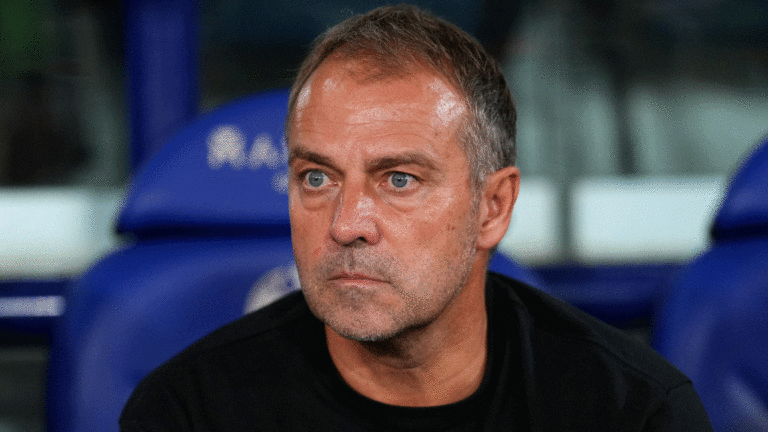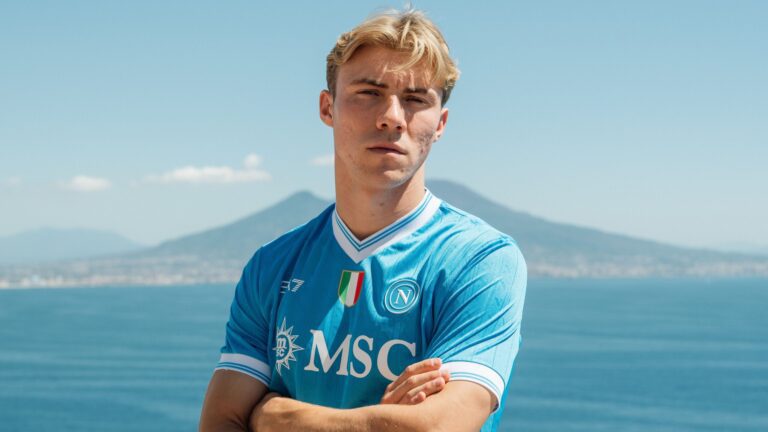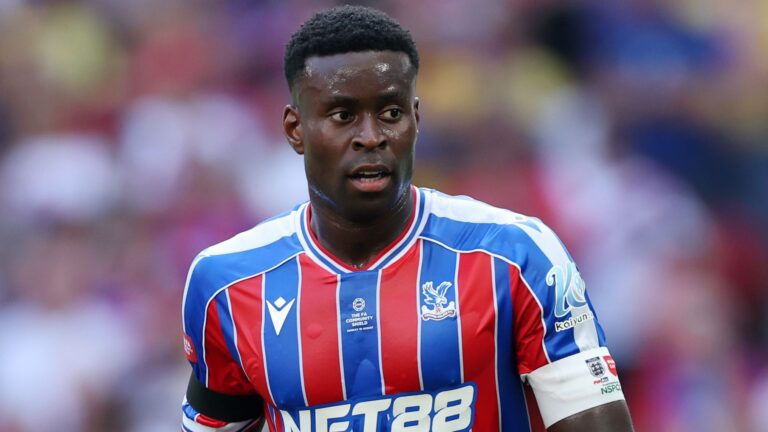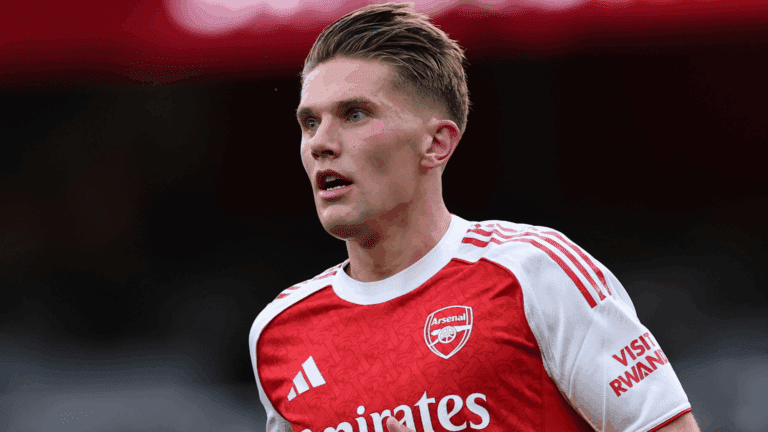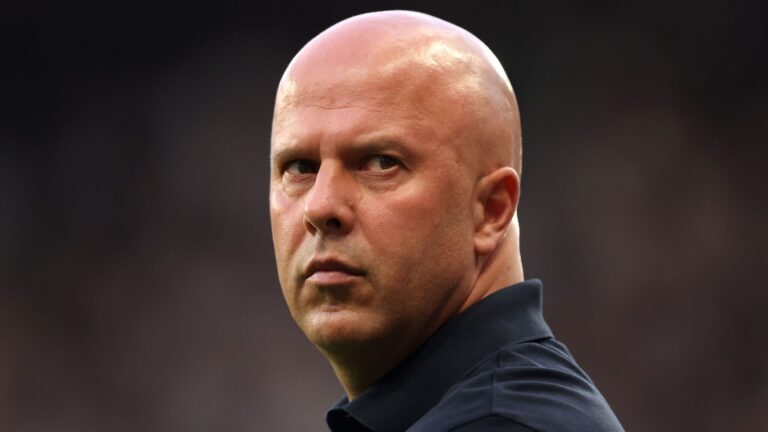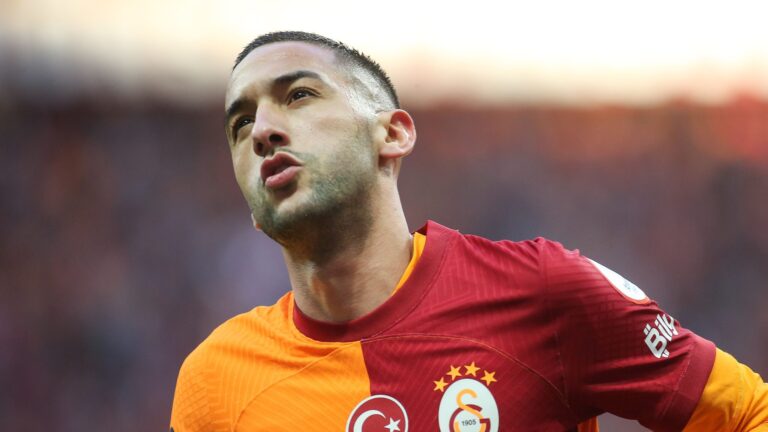Harry Redknapp’s Astonishment at Daniel Levy’s Abrupt Exit from Tottenham
In a stunning development that has rocked the football world, former Tottenham Hotspur manager Harry Redknapp shares his disbelief over the sudden departure of Daniel Levy, the club’s steadfast chairman who dedicated 24 years to steering Tottenham through highs and lows. This unexpected move highlights Levy’s transformative influence, including overseeing regular Champions League appearances and the construction of a state-of-the-art stadium, while the team continues to strive for domestic success in the evolving Premier League landscape of 2025.
- Harry Redknapp believed Daniel Levy would remain at the club indefinitely
- Levy ends his long association with Tottenham after 24 years
- Redknapp commends his former chairman for being an excellent leader



Redknapp’s Surprising Reaction to Levy’s Departure
Daniel Levy’s resignation from Tottenham Hotspur earlier this week marked the conclusion of a remarkable 24-year period, during which he recruited 13 full-time managers. Harry Redknapp, who guided the side from 2008 to 2012 and secured two top-four Premier League finishes, stepped in following Juande Ramos’s exit-the architect of the 2008 League Cup victory. Under Levy’s oversight, Tottenham only added one more trophy to their collection: the recent Europa League triumph, reflecting the club’s ongoing challenges in clinching silverware amid fierce competition.
The Squad-Building Era Under Redknapp
During Redknapp’s time at the helm, Tottenham crafted a formidable lineup that included standout talents such as Gareth Bale, Rafael van der Vaart, and Luka Modric, positioning the team as a consistent European contender. Redknapp insists that he maintained a smooth working relationship with Levy throughout, emphasizing that their collaboration was free of conflicts and focused on mutual respect for strategic decisions.
Reflections on Levy’s Leadership Style
In a recent interview with talkSPORT, Redknapp described the announcement as completely unforeseen, stating, “It came as a total shock-I never anticipated anything like this.” He expressed that he always viewed Levy as a permanent fixture at Tottenham, saying, “I figured he’d be in that role for good; managing the club was his passion, and I couldn’t imagine it ending.”
Redknapp further noted, “I didn’t face any difficulties with him personally. Even though we don’t keep in touch now, it’s not due to any ill will-I always found him straightforward and supportive.” He highlighted Levy’s hands-off approach, adding, “He rarely visited the training facilities or meddled in team selections, which made the environment productive.”
Acknowledging Levy’s Impact on Tottenham
Redknapp urged fans to recognize Levy’s substantial contributions, pointing out, “While the club didn’t accumulate as many titles as hoped, managers like myself could have pushed harder to deliver more hardware.” He reminded critics that Tottenham has enjoyed frequent Champions League qualification over the past 15 years and even reached the final in one memorable campaign, alongside the debut of their awe-inspiring new stadium in 2025, which has boosted attendance figures by 20% compared to previous seasons.
Overcoming Setbacks and Building for the Future
Despite the lack of prolific trophy wins, Redknapp argued that Levy’s era wasn’t defined by failures alone. “The club has seen its share of bright spots, including that stunning stadium that leaves visitors in awe,” he said. Looking forward, Redknapp is optimistic, predicting, “With the right moves, Tottenham could be genuine title challengers within the next few years, building on their current squad depth and emerging talents.”
What’s Next for Tottenham Hotspur?
As Tottenham enters a new chapter without Levy, the team will kick off this fresh era post-international break, facing off against West Ham in a highly anticipated London derby. With recent statistics showing Tottenham’s squad valued at over £500 million in 2025 transfers, the club is well-positioned to adapt and thrive under new leadership.
The Praise from the Former Tottenham Manager
When it comes to football management and leadership, few figures spark as much debate as Daniel Levy, the long-standing chairman of Tottenham Hotspur. A former Tottenham manager recently highlighted Levy’s exemplary qualities, emphasizing his strategic vision and commitment to the club’s long-term success. This endorsement sheds light on why Daniel Levy Tottenham has been pivotal in shaping one of the Premier League’s most resilient teams.
One notable instance involved Harry Redknapp, who managed Tottenham from 2008 to 2012. Redknapp openly praised Levy for his hands-on approach and ability to navigate the complexities of modern football. In interviews, Redknapp described Levy as an “exemplary chairman” who prioritizes financial stability and infrastructure development, qualities that have helped Tottenham Hotspur remain competitive despite various challenges. This kind of praise from a seasoned manager underscores the broader impact of effective leadership in football clubs.
Daniel Levy’s Background and Role at Tottenham Hotspur
Daniel Levy took over as chairman of Tottenham Hotspur in 2001, stepping into a role that demanded both business acumen and a passion for the sport. Over the years, Levy has transformed the club from a mid-table outfit into a global brand, with significant investments in state-of-the-art facilities like the Tottenham Hotspur Stadium. His approach as a football chairman focuses on sustainable growth, player development, and strategic transfers, which have kept Tottenham in the Champions League mix multiple times.
Levy’s tenure has seen the club weather financial storms, including the impacts of the COVID-19 pandemic, while still managing to attract top talent. Critics often point to his cautious transfer policies, but supporters and former managers like Redknapp argue that this prudence is what makes him an exemplary chairman. By balancing ambition with fiscal responsibility, Levy has ensured Tottenham’s longevity in an era where many clubs face instability.
Key Achievements Under Daniel Levy’s Leadership
Under Levy’s stewardship, Tottenham Hotspur has achieved remarkable milestones that highlight his effectiveness as a chairman. For instance, the club’s consistent qualification for European competitions, including reaching the UEFA Champions League final in 2019, showcases his ability to build a competitive squad. Keywords like “Daniel Levy achievements” often appear in discussions about Tottenham’s rise, as his negotiations for high-profile players and infrastructure projects have been game-changers.
- Stadium Development: The construction of the Tottenham Hotspur Stadium, completed in 2019, stands as a testament to Levy’s vision. This multi-use venue has generated additional revenue streams, making Tottenham one of the most financially secure clubs in the Premier League.
- Player Acquisitions and Sales: Levy’s strategy in the transfer market, such as signing stars like Harry Kane and Son Heung-min, has been praised for its foresight. He has also managed profitable sales, like that of Gareth Bale, to reinvest in the squad.
- Youth Academy Success: Investments in Tottenham’s academy have produced talents like Harry Winks and Marcus Edwards, ensuring a pipeline of homegrown players that reduces reliance on expensive imports.
These accomplishments demonstrate why a former manager might believe Levy would remain indefinitely, as his leadership provides the stability that many clubs lack.
Benefits of Effective Leadership in Football Clubs
Effective chairman like Daniel Levy offer numerous benefits that extend beyond on-pitch results. For Tottenham Hotspur, Levy’s exemplary leadership has fostered a culture of innovation and resilience. Clubs with strong chairmen often see improved fan engagement, better financial health, and enhanced player performance, all of which contribute to long-term success.
In practical terms, stable leadership helps in negotiating sponsorships and broadcast deals, which can inject millions into a club’s coffers. For example, Tottenham’s partnerships with global brands have been bolstered by Levy’s business savvy, allowing for squad investments without over-relying on debt. This approach not only benefits the club but also sets a standard for other Premier League teams.
Practical Tips for Aspiring Football Club Chairmen
Drawing from Daniel Levy’s example, anyone aspiring to be an exemplary chairman in football can adopt several strategies. First, prioritize long-term planning over short-term gains; Levy’s focus on infrastructure has paid dividends for Tottenham. Second, build strong relationships with managers and players to ensure aligned goals. Finally, stay adaptable to industry changes, such as evolving transfer regulations or fan expectations.
- Financial Management: Always maintain a balanced budget to avoid the pitfalls that have affected clubs like Manchester United under previous regimes.
- Stakeholder Engagement: Regularly communicate with fans and investors, as Levy does, to build trust and loyalty.
- Innovation: Embrace technology and data analytics for player scouting and performance tracking, a tactic Levy has used effectively.
Case Studies of Successful Chairmen in Football
To provide context, it’s helpful to compare Daniel Levy with other successful chairmen. For instance, Stan Kroenke at Arsenal has similarly focused on stadium development, leading to financial stability despite mixed on-field results. Another example is Roman Abramovich at Chelsea, whose investments transformed the club into a serial winner, though with a more aggressive spending style than Levy’s.
In Tottenham’s case, Levy’s approach mirrors that of Fenway Sports Group at Liverpool, where long-term investments in both players and facilities have yielded sustained success. These case studies illustrate how an exemplary chairman can influence a club’s trajectory, reinforcing the former manager’s belief in Levy’s indefinite potential.
This enduring praise for Daniel Levy as an exemplary chairman highlights the often-overlooked role of off-field leadership in football. As Tottenham continues to evolve, his strategic decisions remain a benchmark for what effective club management looks like in the Premier League.


